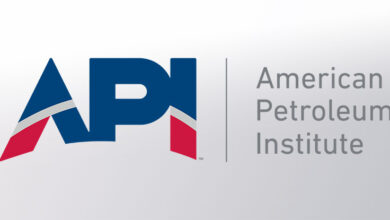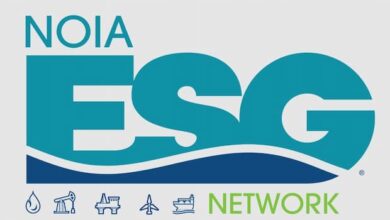Amendments to US Federal Motor Carrier Safety Regulations proposed
The Federal Motor Carrier Safety Administration (FMCSA) is proposing to require all motor carriers that are currently required to maintain Records of Duty Status (RODS) for Hours of Service (HOS) recordkeeping to use Electronic On-Board Recorders (EOBRs) to monitor their drivers’ compliance with HOS requirements.
This proposal to amend the Federal Motor Carrier Safety Regulations also states that all motor carriers currently required to use RODS would still be required to obtain and keep records of Duty Status reports, as required by section 113(a) of the Hazardous Materials Transportation Authorization Act. It explains, however, that although motor carriers subject to the proposed EOBR requirements would still need to retain supporting documents, they would be relieved of requirements to retain supporting documents to verify driving time.
FMCSA also proposes to require all motor carriers – both RODS and timecard users – to systematically monitor their drivers’ compliance with HOS requirements. Motor carriers would be given three years after the effective date of the final rule to comply.
Report: Drilling rigs excluded from Indonesian cabotage law
An Indonesian newspaper has reported that the government and lawmakers in that country have agreed to exclude the oil and gas industry from its cabotage law, which places strict limits on foreign ownership of vessels. Industry believes this is a step in the right direction, although details remain uncertain.
According to the report, Yasti Soepredjo, chairman of the House of Representatives Commission V, said that the Transportation Ministry must issue a special regulation by early April to accommodate specific activities of foreign vessels that serve the offshore oil and gas sector.
Foreign-flagged vessels that would be excluded from the cabotage rules are those engaged in seismic, drilling and offshore construction activity in oil and gas. Indonesian shipowners do not engage in these activities because of the high investment costs involved and short contracts, said Johnson W Sutjipto, chairman of the Indonesian National Shipowners Association. “We are not against them operating in Indonesia. We need them,” he was quoted as saying.
Indonesia enacted its cabotage law in 2005, but industry has been trying for years to convince the government that enforcement would bring dire results. The commission was told recently that Indonesia could lose $7 billion in oil and gas production if enforcement went ahead. Indonesian Petroleum Association vice president Sammy Hamzah has said the law could cost the country 200 million bbl of oil and $13 billion in investment.




